Ideas, opinions, politics, humanities
-
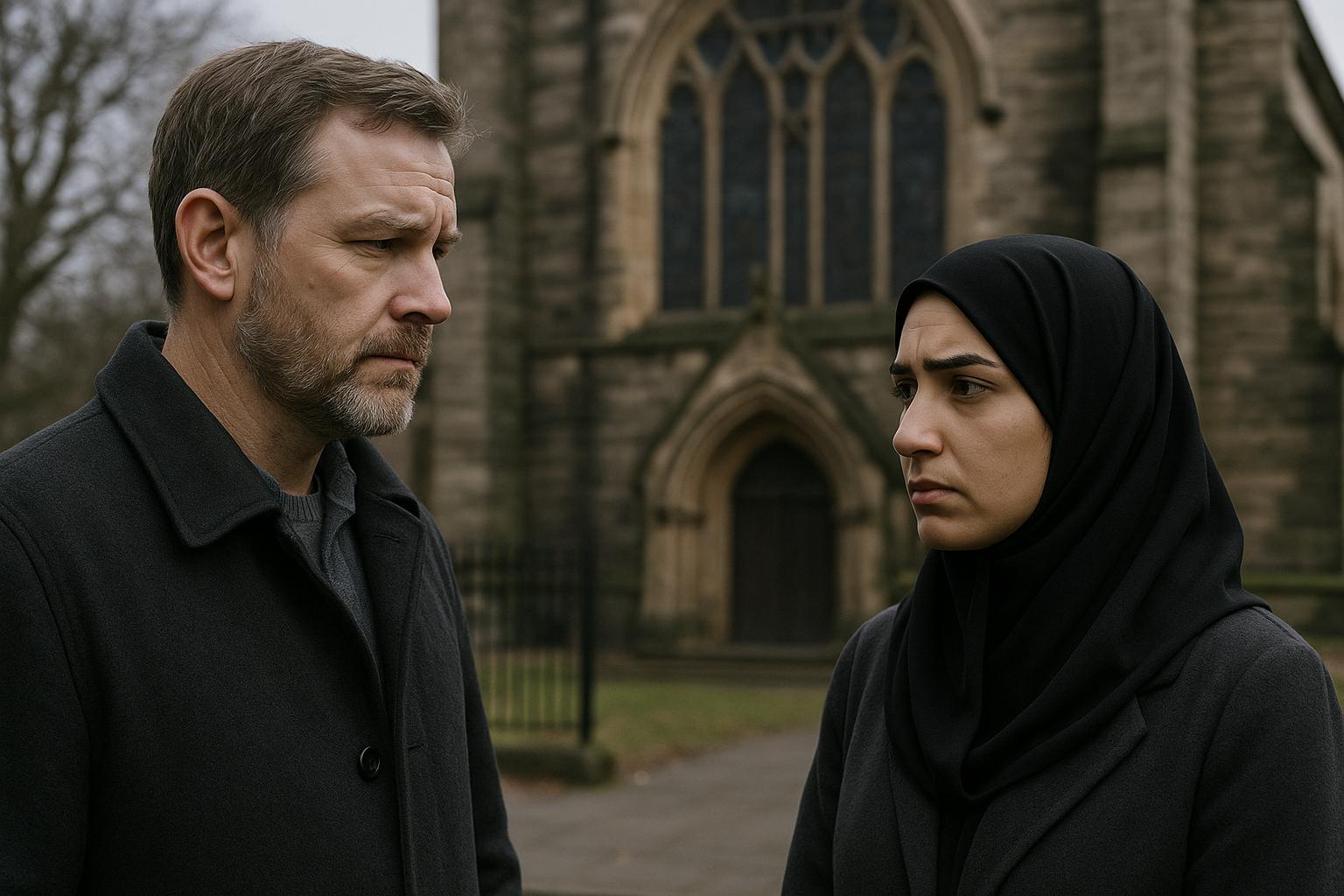
We can question Christianity, not Islam
You can question Christianity in most Western countries, you can mock it, you can publish it. And you will face criticism, maybe protests, but not a death sentence.Now compare that with many Muslim-majority states. Question Islam. Name the Prophet. Challenge scripture. You can face prison. You can face mobs. In some places, you can face…
-
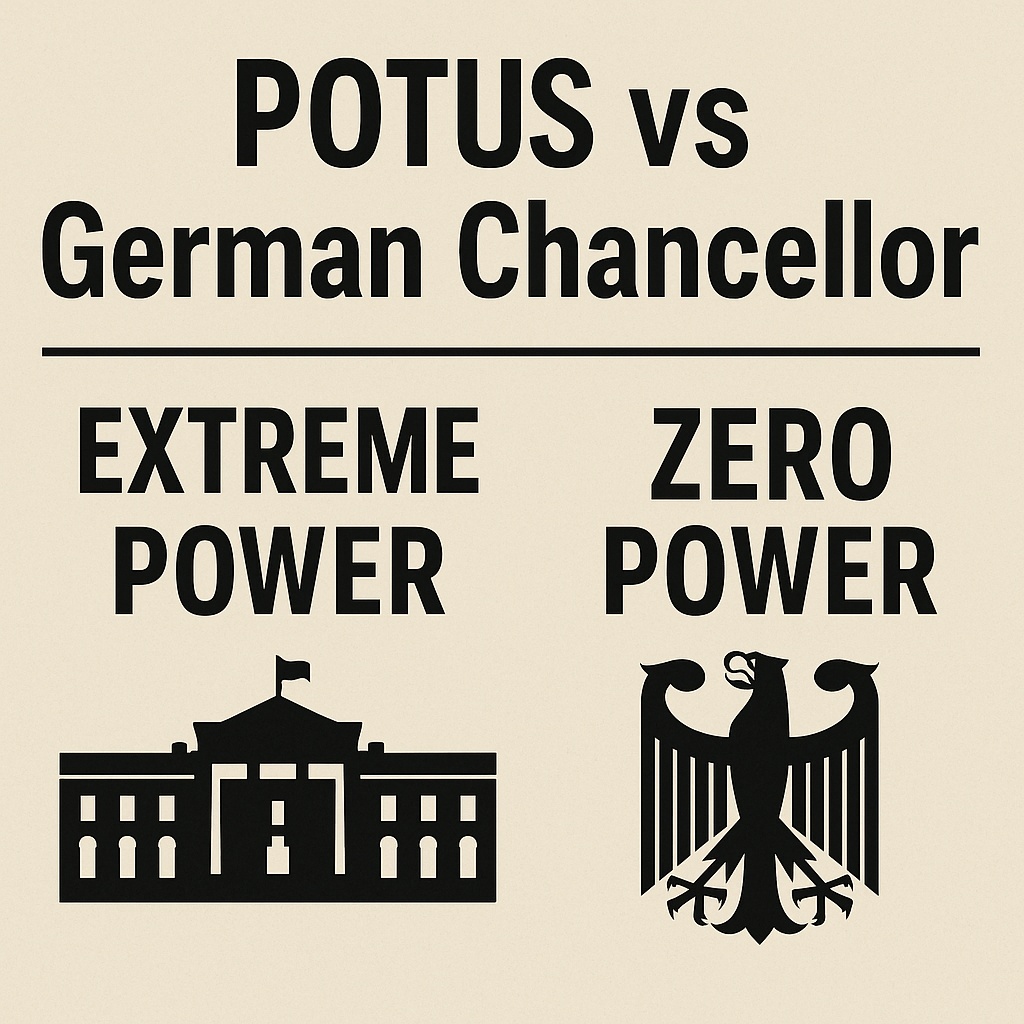
POTUS vs German chancellor: Extreme vs zero power
The president of the United States commands one of the most concentrated portfolios of power in modern history. The German chancellor, by contrast, operates within a framework built to restrain authority. Both offices lead advanced economies. Both sit at the heart of alliances. Yet only one wields the tools to change the world overnight. The…
-
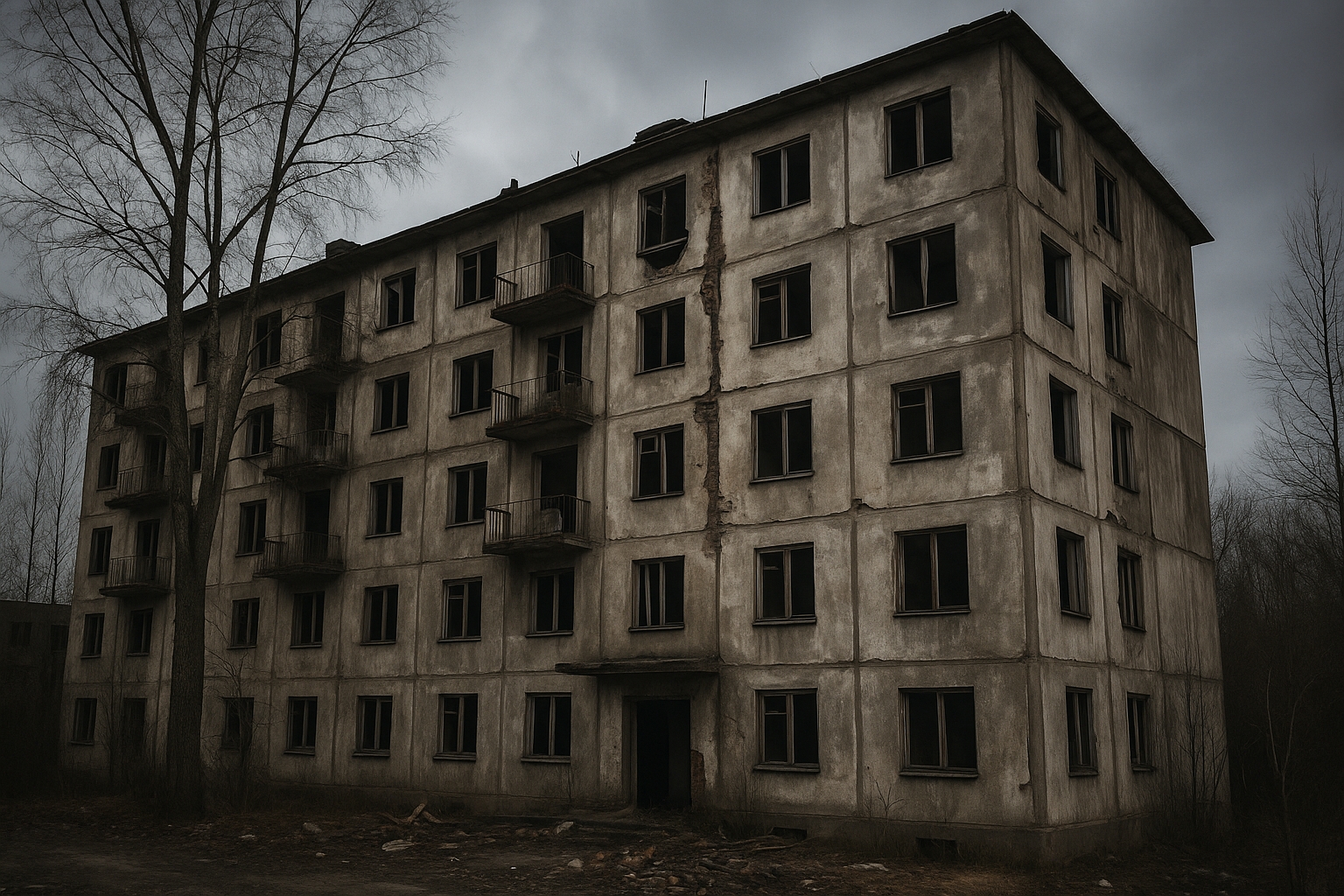
Why we don’t want Russian values
Russia constantly claims to offer an alternative to the Western world. It speaks of “traditional values”—order, faith, patriotism, and family. To many disillusioned by Western politics, this sounds appealing. However, Russian values are not spiritual or moral. Rather, they are hierarchical, brutal, and enforced through fear. What the Kremlin markets as stability is, in reality,…
-

New Testament critique
Religious texts, especially the New Testament, often receive blind reverence. But they deserve rigorous scrutiny. These documents emerged in historical contexts, written by humans with motives, biases, and agendas. To understand them, we must replace faith with reason. This article dissects the New Testament’s dubious origin, its contradictions, mythological roots, and how religious belief spreads…
-

Human developmental stages and capitalism – in tens of trillions
Capitalism is not random. It is efficient because it adapts to what Homo sapiens already are, it evolves with our stages of life. And it responds to hormones, status drives, and survival instincts. It profits from mating rituals, fear of death, and longing for identity. That is why it works. Capitalism is not separate from…
-

Commercial vs state inventions
Innovation is not neutral. Behind every breakthrough lies a motive. Sometimes it is profit, sometimes it is power. Sometimes it is simply survival. But one myth prevails: that capitalism drives all progress. That invention flows from competition, not cooperation. That companies build the future while governments waste time. This view is false. Both sectors invent—but…
-
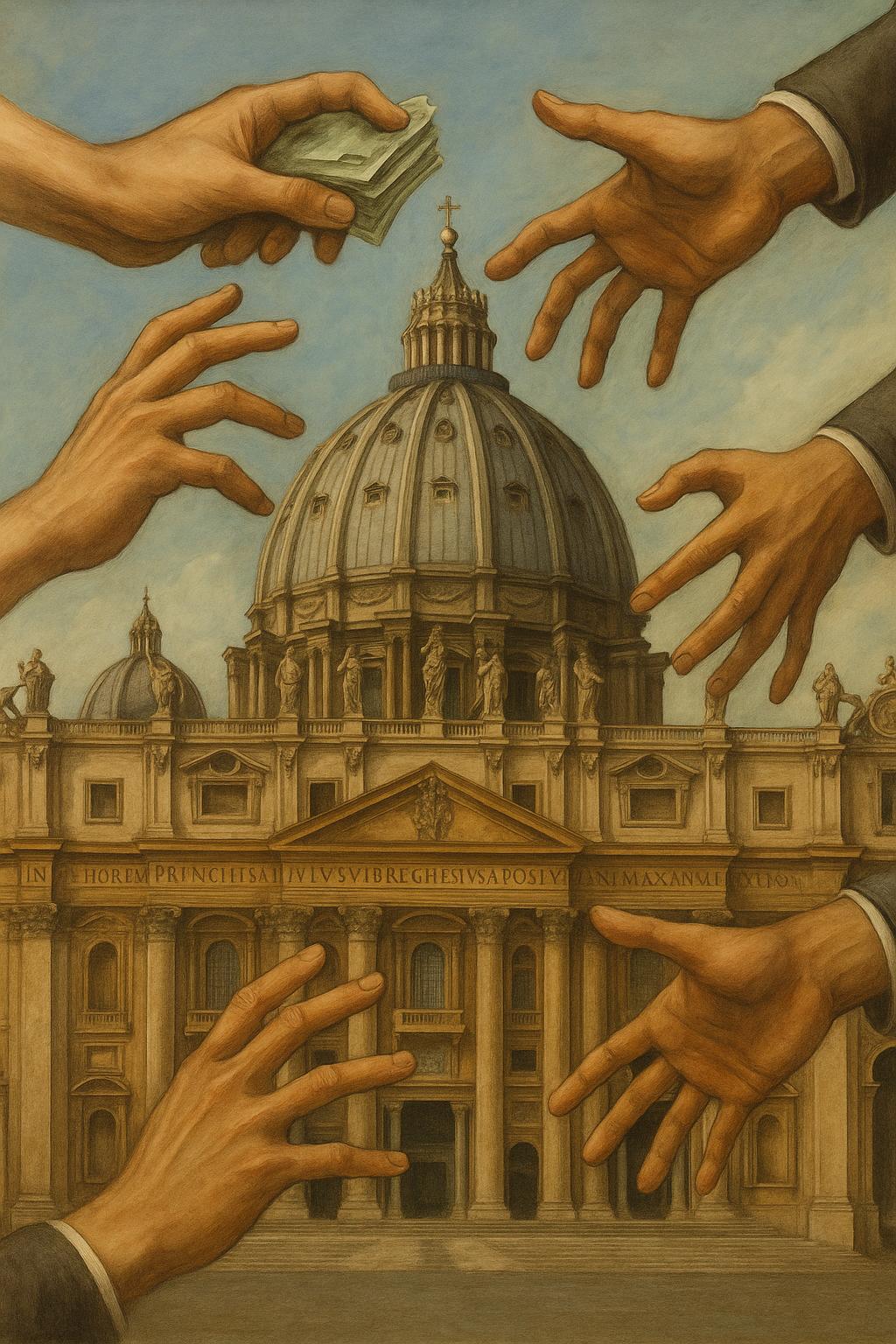
Nationalize the Vatican’s power and wealth
The Vatican is more than a spiritual institution. It functions as a global empire. For centuries, it has blended religion, politics, finance, and secrecy. It owns land, runs banks, shapes diplomacy, and influences morality. Although it presents itself as sacred, it operates like a state—yet enjoys legal and financial privileges that no other power on…
-
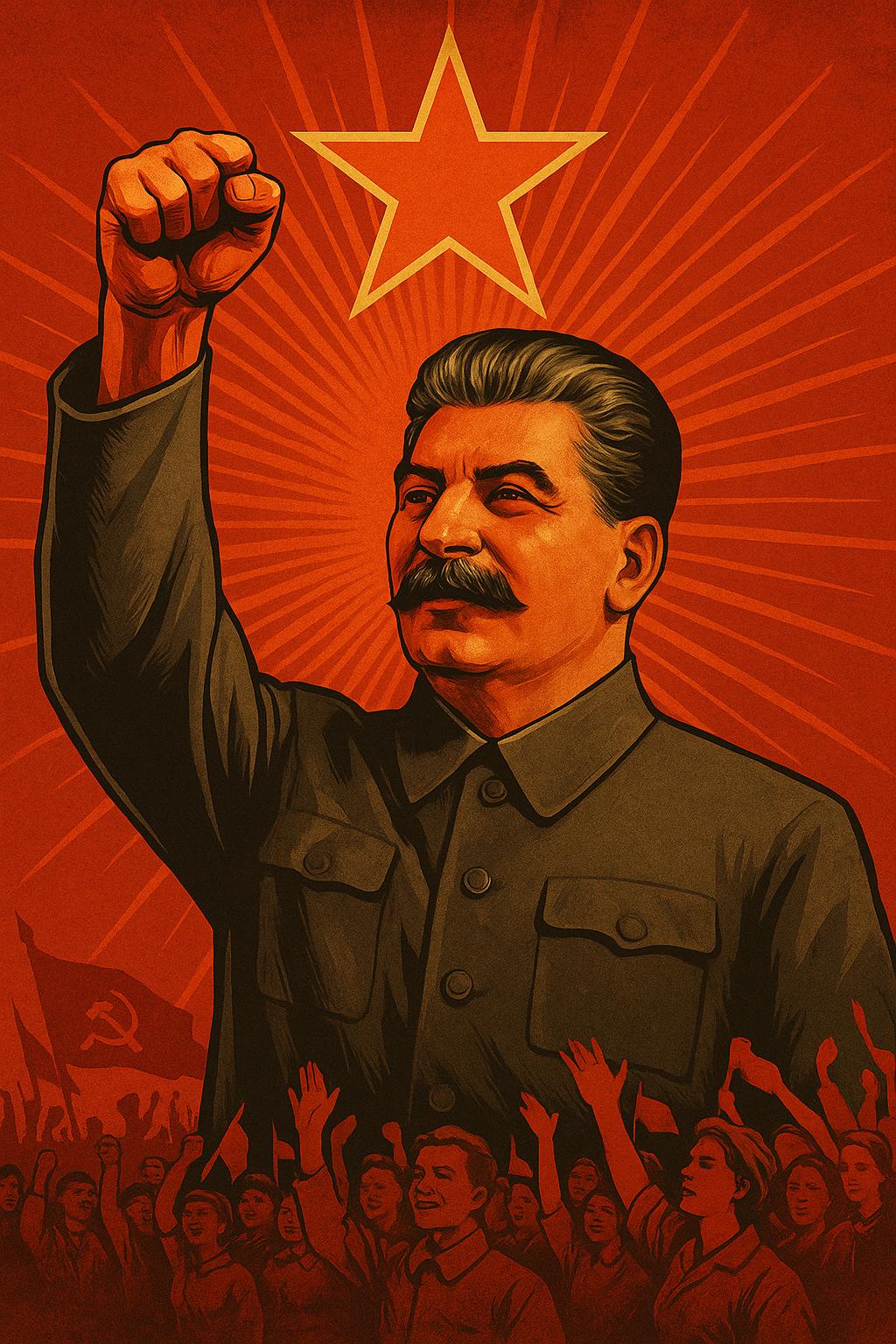
Why the old symbols should remain intact
History is not a clean, comfortable story. It is a graveyard of tyrants, a battlefield of ideas, and a sequence of crimes and progress walking hand in hand. Public symbols—statues, monuments, and names carved into buildings—are not decorations. They are traces of what we once believed, reminders of who we once were. Whether noble or…
-

Ready for the first atheist U.S. president?
Just as Barack Obama’s presidency shattered racial barriers, the election of the first openly atheist U.S. president would be a revolution of thought. It would not just mark a political shift—it would reshape how America views morality, leadership, and belief itself. In a country where over 90% of members of Congress publicly identify with a…
-
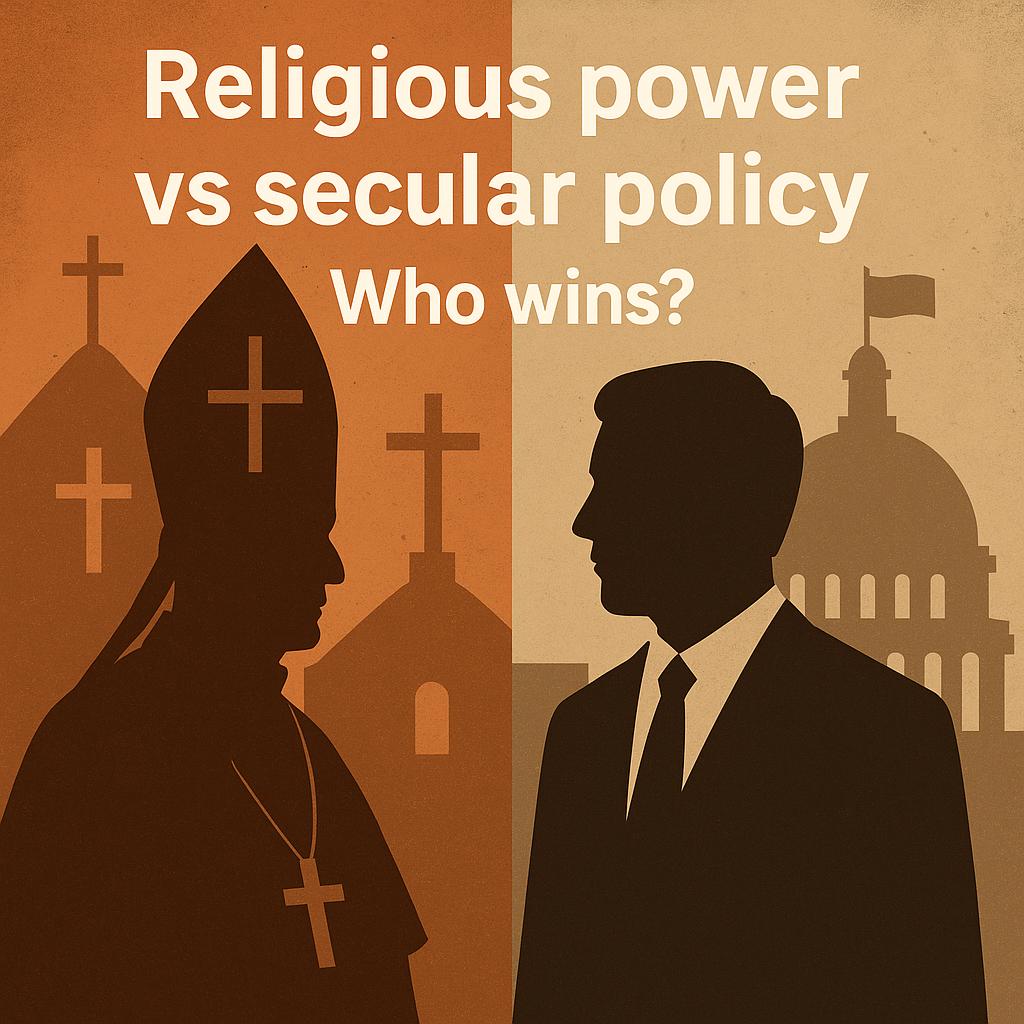
Religious power vs secular policy: Who wins?
Throughout history, human societies have swung between religious authority and secular governance. The lines have never been clean. Some states built on divine right later birthed democracy. Others that claim secularism enforce religious dogma through policy. This article explores who really holds the reins of power—and why the conflict remains unresolved in modern times. The…